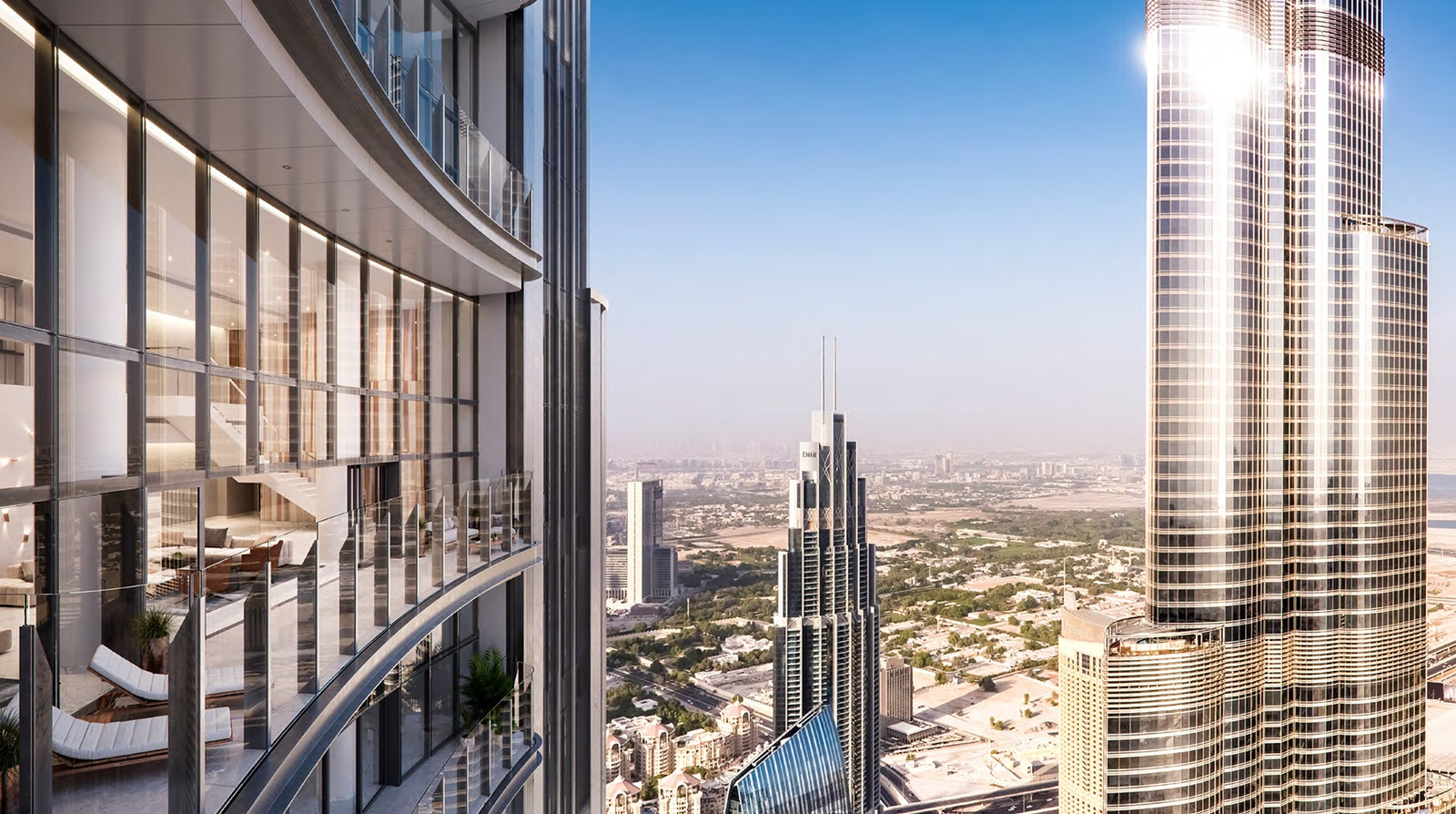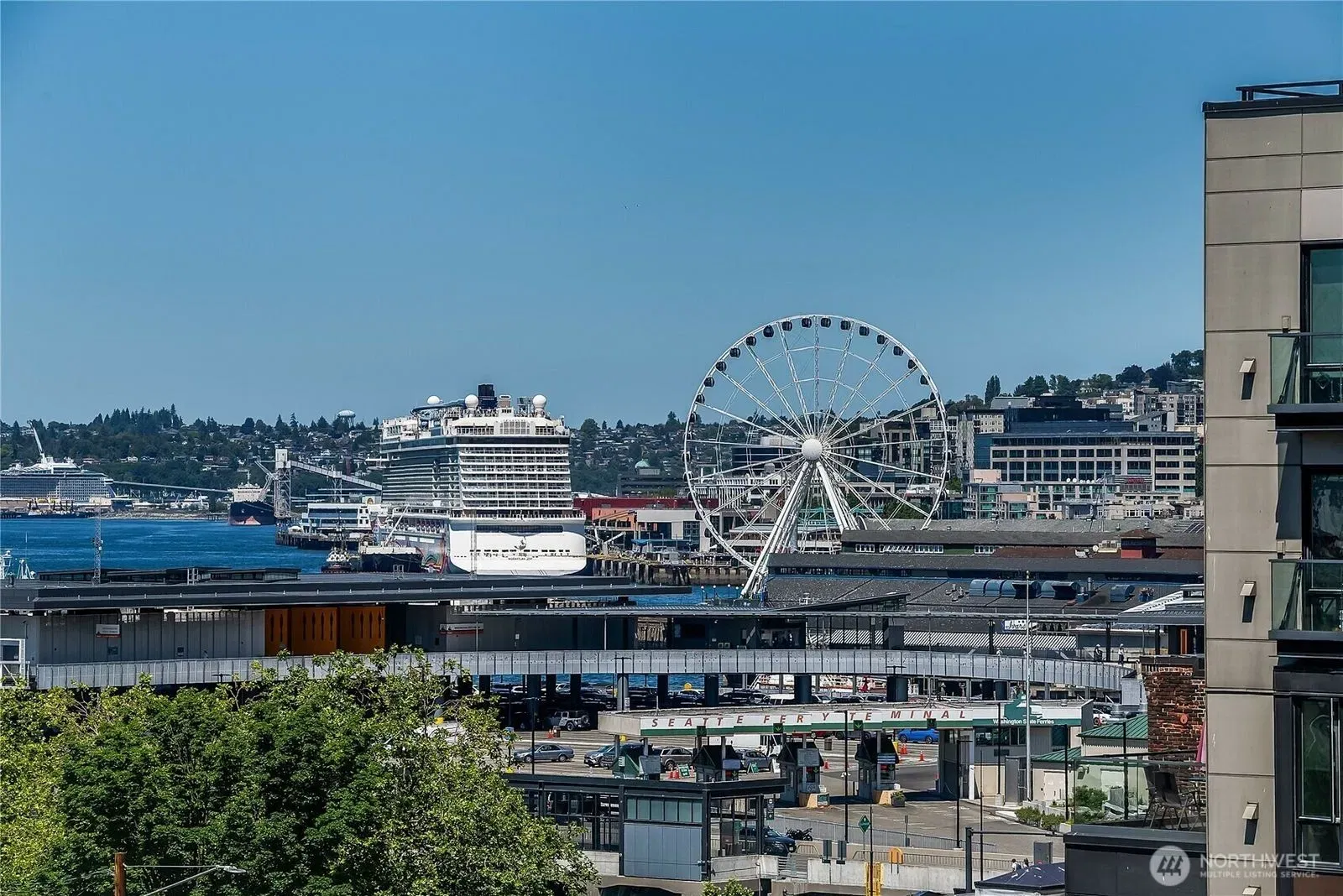Now Reading: Real Estate Laws in UAE: What Buyers Must Know
-
01
Real Estate Laws in UAE: What Buyers Must Know
Real Estate Laws in UAE: What Buyers Must Know

Table of Contents
Real Estate Laws in UAE: The United Arab Emirates (UAE) is a top destination for U.S. expats and international investors looking to buy property, thanks to its tax-free environment, high rental yields, and dynamic real estate market. However, navigating the UAE’s real estate laws is crucial for a secure and compliant purchase. In 2025, regulations governing property ownership, particularly in freehold zones, continue to evolve to attract foreign buyers while ensuring transparency. This guide, written in clear, SEO-friendly language, outlines the essential real estate laws U.S. buyers must know, covering ownership rights, legal processes, financing rules, and key considerations, with practical insights for a smooth transaction.
Overview of UAE Real Estate Laws

The UAE’s real estate legal framework is designed to balance investor confidence with regulatory oversight. Since the introduction of the Freehold Property Law in 2002, foreigners, including U.S. citizens, can own property in designated areas across emirates like Dubai, Abu Dhabi, Sharjah, and Ajman. Each emirate has its own regulatory authority, such as the Dubai Land Department (DLD) or Abu Dhabi’s Department of Municipalities and Transport (DMT), which governs transactions and ensures compliance. Below are the key laws and regulations U.S. buyers need to understand.
Types of Property Ownership
UAE real estate laws define three main types of property ownership available to buyers:
- Freehold Ownership:
- Foreigners can fully own property and the land it sits on in designated freehold zones, with rights to sell, lease, or bequeath it.
- Freehold areas include Dubai Marina, Palm Jumeirah, Downtown Dubai, Saadiyat Island (Abu Dhabi), Aljada (Sharjah), and Emirates City (Ajman).
- Governed by laws like Dubai’s Law No. 7 of 2006, which regulates property registration and ownership.
- Leasehold Ownership:
- Buyers receive long-term leases, typically 99 years, rather than full ownership of the land.
- Common in non-freehold areas or specific developments, with limited rights compared to freehold.
- Regulated by emirate-specific leasehold agreements.
- Usufruct Rights:
- Buyers have the right to use and profit from a property (e.g., through rent) for a set period, often up to 99 years, without owning it.
- Less common but available in certain projects, governed by contracts under UAE Civil Code.
U.S. expats typically focus on freehold properties for maximum control and investment potential. Verify the ownership type with the DLD or equivalent authority before purchasing.
Key Real Estate Laws for Buyers

1. Freehold Property Law (2002)
- What It Means: Allows non-UAE nationals to own freehold properties in designated zones, a landmark reform that opened the market to foreigners.
- Implications for Buyers: U.S. expats can buy properties in areas like Jumeirah Village Circle or Yas Island without UAE citizenship or residency. Always confirm the property is in a freehold zone via the DLD’s online portal
- Key Regulation: Dubai Law No. 7 of 2006 mandates registration of all freehold transactions with the DLD to ensure legal validity.
2. Property Registration Laws
- What It Means: All property transactions must be registered with the emirate’s land authority (e.g., DLD for Dubai, ARRA for Ajman) to be legally binding.
- Implications for Buyers: Buyers must pay a 4% transfer fee (often split with the seller in Dubai) and registration fees (AED 2,000-4,000). Unregistered agreements are not enforceable.
- Process: After signing a Sales Purchase Agreement (SPA) or Memorandum of Understanding (MOU), register the transaction at a DLD Trustee Office or equivalent. The title deed is issued upon registration, confirming ownership.
3. Escrow Account Law
- What It Means: For off-plan properties, developers must deposit buyer payments into an escrow account regulated by RERA (Dubai) or similar bodies, ensuring funds are used for construction.
- Implications for Buyers: Protects U.S. expats from developer insolvency or project delays. Verify the escrow account with RERA before paying deposits, especially for off-plan projects in areas like Dubai South.
- Key Regulation: Dubai Law No. 8 of 2007 governs escrow accounts, with penalties for non-compliant developers.
4. Golden Visa Regulations
- What It Means: Buyers investing AED 2 million (approximately USD 545,000) or more in freehold property may qualify for a 10-year golden visa, offering long-term residency.
- Implications for Buyers: High-net-worth U.S. expats can secure residency benefits, but properties under AED 2 million don’t qualify. Check eligibility with UAE immigration authorities or consult
- Process: Submit property documents and proof of investment to the Federal Authority for Identity and Citizenship (ICA).
5. Mortgage Regulations
- What It Means: UAE banks offer mortgages to non-residents and residents, regulated by the UAE Central Bank.
- Implications for Buyers: Non-resident U.S. expats need a 50% down payment, while residents require 20-25%. Interest rates in 2025 are competitive, with banks like Emirates NBD offering flexible terms. Pre-approval is recommended.
- Key Regulation: Law No. 14 of 2008 (Dubai) governs mortgage agreements, requiring registration with the DLD.
6. Tax Laws
- What It Means: The UAE has no property taxes, capital gains taxes, or rental income taxes, making it attractive for investors.
- Implications for Buyers: U.S. expats benefit from tax-free returns but must report foreign assets to the IRS under FATCA. Rental income or capital gains may be taxable in the U.S., so consult a tax advisor.
- Note: A 5% VAT applies to some real estate services, like agency fees, but not property purchases.
Legal Process for Buying Property
- Research Freehold Zones: Confirm the property is in a freehold area using DLD’s portal or resources
- Due Diligence: Verify the developer’s RERA registration for off-plan properties or the title deed for completed ones. Engage a licensed agent or lawyer.
- Documentation: Provide a valid U.S. passport. A UAE residence visa is optional unless applying for a mortgage.
- Sign Agreements: For off-plan properties, sign an MOU with the developer, registered via DLD’s Oqood system. For completed properties, sign an SPA and obtain a No Objection Certificate (NOC) from the developer.
- Secure Financing: Pay cash or secure a mortgage. Off-plan projects often offer payment plans (e.g., 60/40 or 1% monthly post-handover).
- Complete Transaction: Pay the deposit (10-20%), 4% DLD fee, and registration costs. Register the property to receive the title deed.
- Post-Purchase: Arrange utilities (e.g., DEWA in Dubai) and budget for service charges (AED 10-20 per square foot annually).
Key Considerations for U.S. Buyers
- Regulatory Compliance: Only registered transactions are legally valid. Avoid verbal agreements or unregistered contracts.
- Dispute Resolution: Contracts should specify resolution mechanisms, typically UAE courts or arbitration via the Dubai International Arbitration Centre (DIAC).
- Off-Plan Risks: Delays or developer issues can occur. Check RERA’s project status and escrow compliance.
- Cultural Nuances: Respect local customs, especially during Ramadan 2025, which may affect business hours.
- Market Trends: A projected 15% price correction in Dubai’s second half of 2025 may offer opportunities, per Fitch Ratings.
Tips for Compliance
- Hire Professionals: Work with RERA-licensed agents and UAE-based lawyers to ensure legal adherence.
- Verify Credentials: Check developer and property details with DLD, RERA, or ARRA.
- Monitor Exchange Rates: The AED is pegged to the USD, ensuring stable transfers. Use services like Fiscal FX for efficiency.
- Stay Informed: Follow updates on UAE real estate laws via trusted sources like Loam Real Estate or Bayut.
Conclusion
Understanding UAE real estate laws is essential for U.S. expats to buy property confidently in 2025. From freehold ownership rules to escrow protections and golden visa opportunities, the UAE’s legal framework supports foreign investors while ensuring transparency. By researching freehold zones, conducting due diligence, and engaging professionals, buyers can navigate the market effectively. Whether investing in a Dubai Marina apartment or an Ajman villa, staying compliant with regulations ensures a secure and profitable purchase. watch here
Read more about this: Top Benefits of Investing in UAE Off-Plan Properties in 2025





















